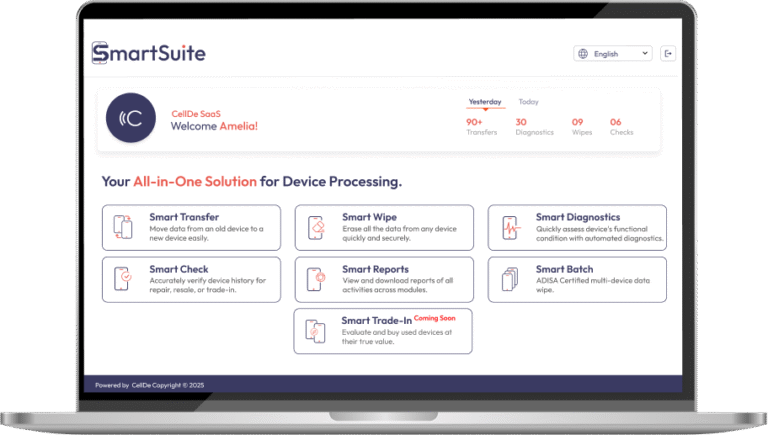Implementing AI Knowledge Management Systems: Best Practices and Strategies
With the ever-growing volume of information that businesses need to handle, implementing an Artificial Intelligence (AI) Knowledge Management System has become essential. These systems not only help in organizing knowledge efficiently but also in making it easily accessible, thereby enhancing decision-making and productivity. The integration of AI into knowledge management can automate complex processes and provide insights that were previously unattainable through traditional methods. Below, we explore the best practices and strategies for effectively incorporating AI knowledge management into your business.
Selecting the Right AI Knowledge Management Tools for Your Business
Choosing the right AI knowledge management tool is a critical decision that can impact the success of its implementation. The vast array of available options requires businesses to carefully assess their needs and select software that aligns with their specific requirements. Essential factors to consider include the scalability of the tool, its capacity for integration with existing systems, and the level of customer support offered. Businesses should also understand how to use AI knowledge management solutions like RightAnswers effectively to ensure smooth adoption.
Business leaders should actively involve stakeholders from different departments when selecting a tool, as their insights will ensure that the solution meets diverse business needs. For instance, IT teams will prioritize security and ease of integration, while end-users may focus on user-friendliness and accessibility. A holistic approach to tool selection ensures that all key requirements are addressed.
Testimonials and success stories can be invaluable in determining the efficacy of AI knowledge management tools. Organizations should look for case studies that demonstrate how these tools have improved processes similar to their own. Additionally, requesting a live demonstration or a trial period can help in assessing the tool’s performance in real-world scenarios before committing.
If you want, I can also combine this with your earlier AI integration paragraph so it flows as a single cohesive section.
Integrating AI Knowledge Management Into Your Existing Workflow
The implementation of an AI knowledge management system should be executed with minimal disruption to existing workflows. To achieve that, businesses need a clear strategy that incorporates thorough planning and phased rollouts. The key is to integrate the system in a way that complements and enhances current processes rather than replacing them abruptly.
Staff training plays a pivotal role in successful integration. All users must be adequately trained on how to navigate and leverage the new system to their advantage. Taking a user-centric approach by providing personalized support and learning resources will ease the transition and make employees feel more comfortable with the new technology.
Alignment with business objectives is another crucial aspect. The integration plan should outline how the AI knowledge management system will help achieve specific goals, such as reducing response times or enhancing data analysis. Metrics should be put in place to gauge progress and ensure that the system’s output aligns with these objectives.
Ensuring Data Quality and Governance in AI Knowledge Management
Team working late in a modern office, learning how to use AI knowledge management tasks.
Ensuring data quality is critical when deploying an AI knowledge management system, as the accuracy of AI-generated insights relies heavily on the integrity of the underlying data. Regular audits, maintaining data hygiene practices, and implementing standardization protocols are all necessary steps to ensure high-quality data input. This, in turn, increases the reliability of the system’s output.
Data governance policies must be established to determine who has access to specific data, under what circumstances, and whether the data is being used appropriately. This ensures consistency and security and mitigates the risks associated with data breaches or misuse. Creating these policies might require collaboration across various departments, including legal and compliance teams.
See also: How Tech Is Changing the Face of Journalism
Measuring Success: Key Metrics for AI Knowledge Management System Performance

Focused analyst studying charts and graphs on computer monitors, learning how to use AI knowledge management.
Measuring the success of an AI knowledge management system is contingent upon establishing appropriate key performance indicators (KPIs). These metrics should reflect the system’s contributions to the organizational goals, such as increased productivity and improved customer satisfaction. The KPIs selected need to provide a comprehensive view of performance, benefitting from both quantitative and qualitative data.
Common quantitative metrics might include the number of queries the system processes, the accuracy rate of the information retrieved, and the time saved in information searches. On the qualitative side, employee satisfaction with the system and the quality of customer interactions can provide insights into the system’s real-world efficacy.
Overall, the successful implementation and integration of AI knowledge management systems can significantly transform an organization’s capability to leverage its collective knowledge. Through careful tool selection, smooth integration into existing workflows, stringent data quality, governance, and constant performance measurement, businesses can unlock tremendous value from AI knowledge management.






